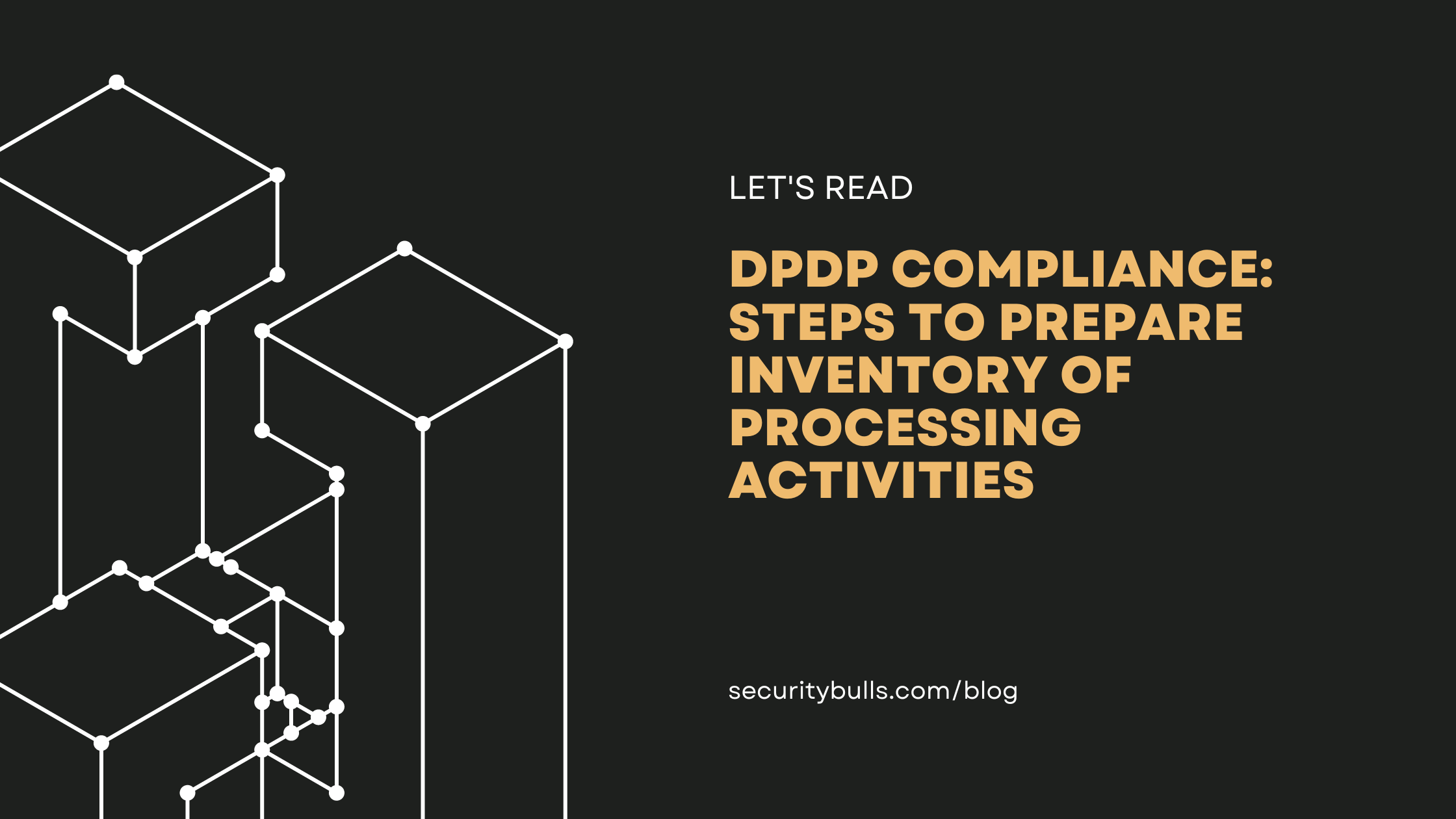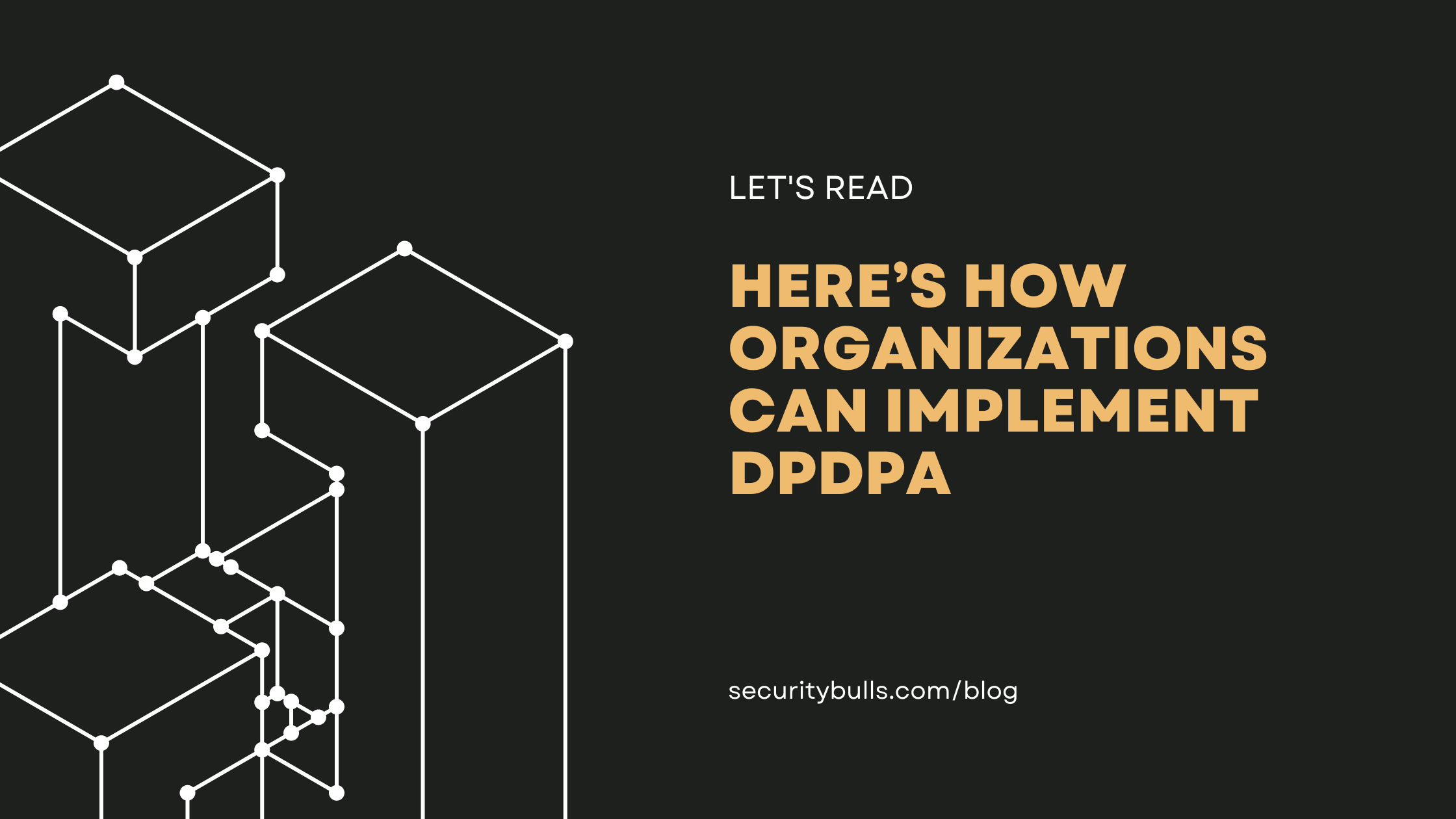As a startup, you may think that third party vendor risk management is something that you don’t need to worry about until your business is well established. However, this couldn’t be further from the truth. The sooner you start managing your third party vendor risks, the better off you will be when it comes time to protect your data and vital information.
In this blog, we’ll explore the concept of third-party vendor risk management and how startups can implement an effective program.
What is Third-Party Vendor Risk Management?
Third party vendor risk management involves assessing and mitigating any potential risks associated with outsourcing certain services or processes to an outside source. This includes taking steps such as conducting background checks on vendors, establishing contracts that outline how data will be protected, and ensuring that all vendors comply with applicable laws and regulations. All of these steps are essential for protecting your business from potential threats posed by third party vendors.
With the advancement of digital technology, startups increasingly depend on outside vendors for an array of solutions to enable their businesses – from cloud computing and software development to payment processing. However, this opens them up to risks associated with third-party providers handling sensitive data or accessing critical systems. To mitigate these vendor risks, it’s essential that organizations have a comprehensive security program in place.
Here are the steps startups can take to implement an effective third-party vendor risk management program:
- Identify all third-party vendors: To remain informed and mitigate risks, it is essential to take proactive steps in identifying any vendors that may be involved with a startup. This includes both established relationships as well as potential partnerships down the line. Taking into consideration current and future third-party vendor usage allows for an effective management of risk exposure while continuing operations smoothly.
- Assess the risk: Uncovering potential risks is a critical step in protecting your organization. Through an evaluation of third-party vendors, you can gain insight into their security and compliance posture as well as assess any past performance issues that may exist. This process helps to ensure the safety of both data and reputation when engaging with outside parties.
- Prioritize vendors: Startups must be mindful of the risks posed by third-party vendors. Rather than spreading resources thinly across all vendors, prioritize based on their relative risk level to ensure every dollar is invested wisely and any potential liabilities are addressed first.
- Develop controls: The startup must protect itself from potential risks posed by its vendors. To do so, they should establish regulations and requirements that meet their security needs as well as regularly audit to make sure standards are being met and contractual agreements remain in place. Crafting these controls is crucial for the success of any venture!
- Monitor vendors: To ensure that our third-party vendors continue to adhere to the set security standards, it is crucial that their environment remains closely monitored. This includes conducting regular audits and reviews of their procedures as well as monitoring any changes in their security posture.
Benefits of Third-Party Vendor Risk Management
An effective third-party vendor risk management program can provide several benefits to startups, including:
- Improved security: Strengthen your business through implementing vendor risk management. By identifying and managing risks associated with vendors, startups can drastically reduce the chances of a security breach occurring and boost their overall protection from cyber threats.
- Compliance: Startups can avoid legal and financial complications by leveraging a vendor risk management program to mitigate potential liabilities associated with non-compliance of relevant regulations and contractual agreements.
- Cost savings: Startups can considerably decrease costs associated with recovering from a security incident by proactively identifying and preventing vendor risks. Strategizing ahead is key to avoiding substantial financial losses!
- Reputation protection: Reputation is paramount for startups. A well-executed vendor risk management program shows customers and stakeholders that security receives the highest priority, propelling reputational confidence in businesses of all sizes.
Conclusion
No matter what stage of growth your startup is at, it’s never too early (or too late!) to start thinking about third-party vendor risk management protocols. Taking proactive steps towards managing potential risks can save you time and money down the road while helping provide added peace of mind knowing that your valuable data is being handled properly by trusted vendors at all times. Your CISO or CTO should be able to provide guidance throughout this process so don’t hesitate to reach out to us if you have any questions!




